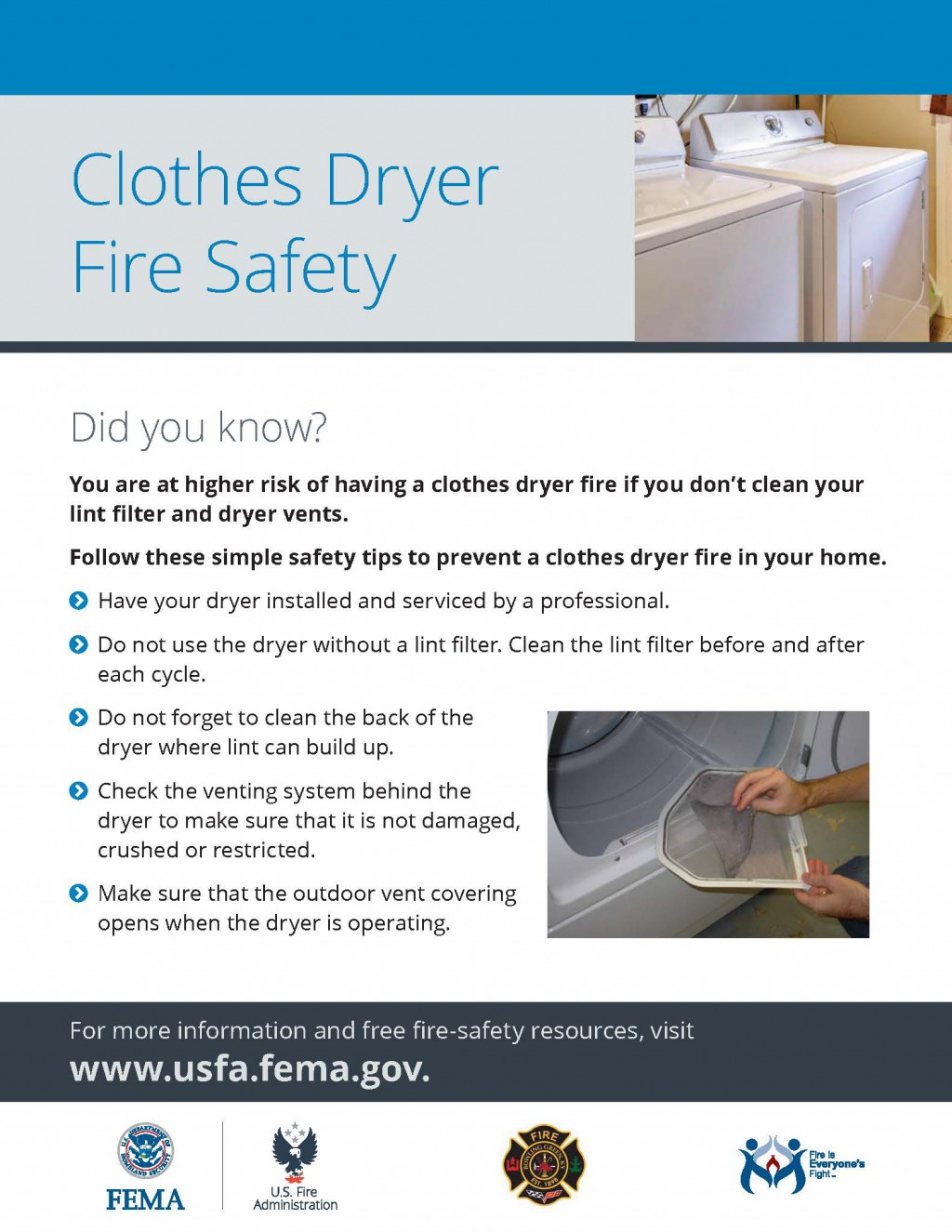When it comes to cleaning, Simple Green has gained a reputation for being effective and versatile. However, there are certain surfaces and materials that should not be treated with Simple Green due to potential damage. Understanding what not to use Simple Green on is crucial for maintaining the integrity of your belongings and surfaces. Let’s explore what these are:

Credit: www.bgky.org
1. Unsealed Granite and Stone
Simple Green is not recommended for unsealed granite and stone surfaces. The product’s acidic nature can cause etching and damage to these materials, leading to permanent discoloration and loss of luster.
2. Aluminum
Avoid using Simple Green on bare, uncoated aluminum surfaces. The chemicals in Simple Green can cause a reaction with bare aluminum, leading to discoloration and corrosion. It’s best to use a cleaner specifically designed for aluminum surfaces.
3. Unfinished Wood
Simple Green should not be used on unfinished or raw wood. The moisture in the cleaning solution can penetrate the wood, causing swelling and potential damage to the fibers. Always use a wood-specific cleaner for unfinished wood surfaces.
4. Waxed Surfaces
Waxed surfaces, including waxed furniture and floors, should not come into contact with Simple Green. The cleaner can strip away the protective wax layer, leaving the surface vulnerable to damage and dullness.

Credit: www.nps.gov
5. Copper and Brass
When it comes to cleaning copper and brass, it’s best to steer clear of Simple Green. The product can cause tarnishing and discoloration on these metals, impacting their visual appeal and value.
6. Coated Stainless Steel
Simple Green is not recommended for use on coated stainless steel surfaces. The chemicals in the cleaner can compromise the protective coating, leading to potential damage and loss of sheen.
7. Painted Surfaces
Avoid using Simple Green on painted surfaces, as it can potentially degrade the paint and lead to chipping, peeling, or discoloration. Opt for a cleaner formulated for painted surfaces to maintain their appearance and longevity.
8. Electronic Devices
It’s important to exercise caution when using Simple Green around electronic devices. The liquid can seep into the internal components, causing damage and potentially voiding warranties. Use electronic-specific cleaners for safe maintenance.
9. Plexiglass
Plexiglass, commonly used in various applications, should not be cleaned with Simple Green. The cleaner can cause micro-scratches and cloudiness on the surface, compromising its clarity and aesthetics.
Frequently Asked Questions For What Should You Not Use Simple Green On? Pro Tips For Safety
What Surfaces Should You Avoid Using Simple Green On?
Simple Green should not be used on unfinished wood, unsealed granite, marble, brass, or aluminum surfaces.
Is It Safe To Use Simple Green On Painted Surfaces?
Yes, Simple Green can be used on most painted surfaces, including walls, furniture, and appliances. However, it is always recommended to test it on a small, inconspicuous area first.
Can Simple Green Damage Carpet Or Upholstery?
Simple Green can safely clean carpets and upholstery, but it is important to follow the instructions and properly dilute the solution. Avoid saturating the fabric and always blot instead of rubbing.
Can Simple Green Be Used On Electronic Devices?
Simple Green is not recommended for use on electronic devices or sensitive equipment, as it may damage the components. Use an appropriate electronics cleaner instead.
Is It Safe To Use Simple Green In The Kitchen?
Yes, Simple Green can be used in the kitchen to clean countertops, appliances, and other surfaces. However, it should not be used on food preparation surfaces or utensils.
Conclusion
While Simple Green is a highly effective cleaner in many scenarios, it’s crucial to be aware of the surfaces and materials that should not come into contact with it. By understanding what not to use Simple Green on, you can ensure the longevity and integrity of your belongings and surfaces. Always refer to manufacturer guidelines and choose appropriate cleaners for specific materials to maintain their pristine condition.
